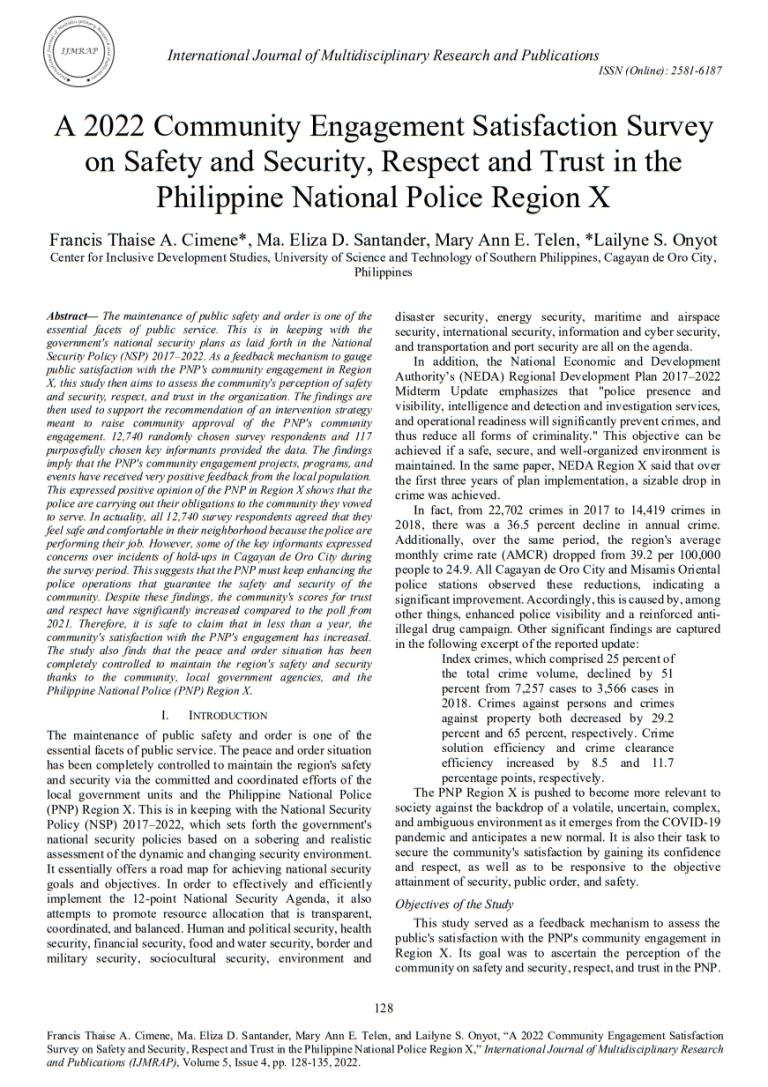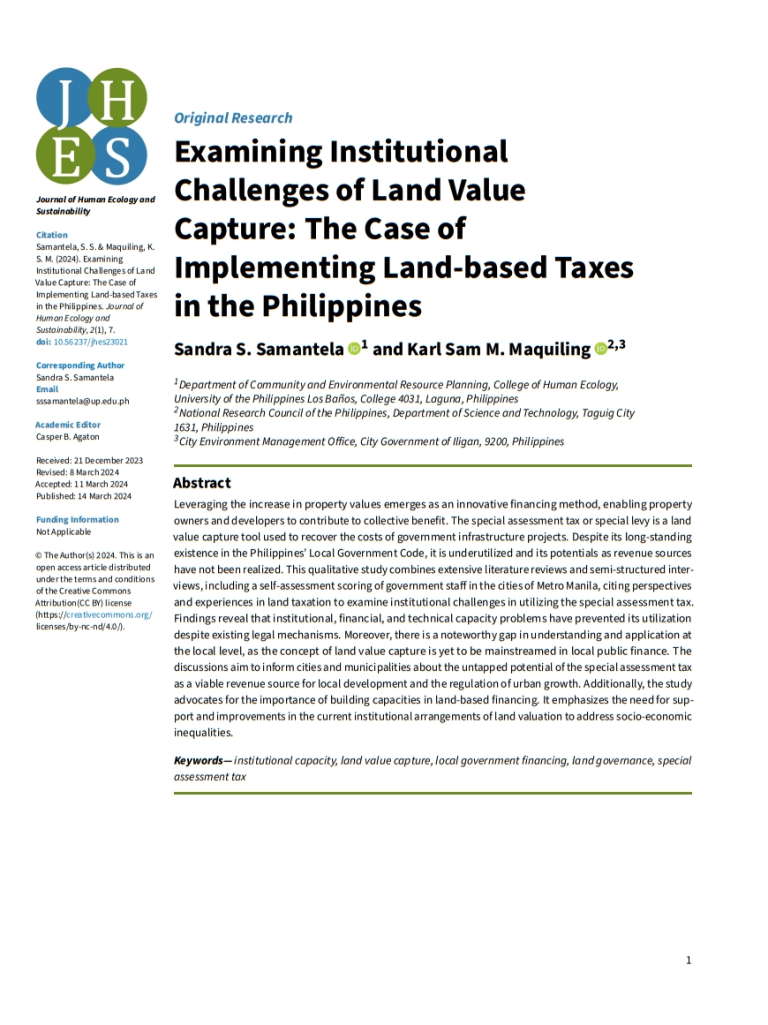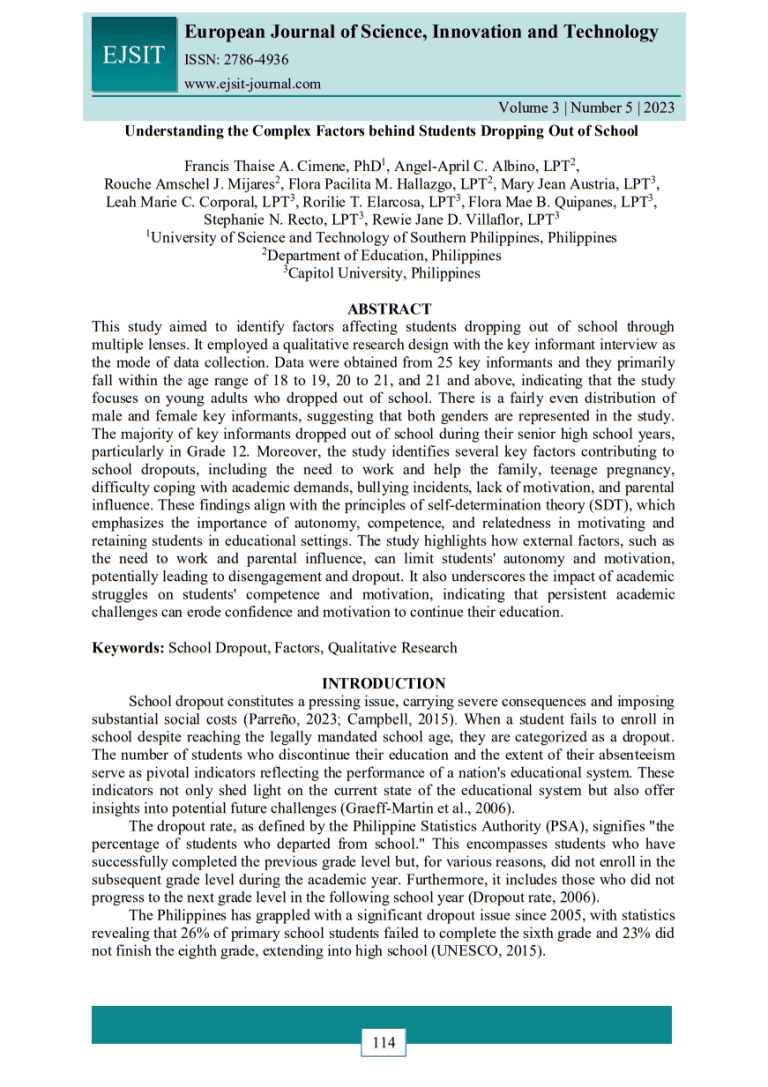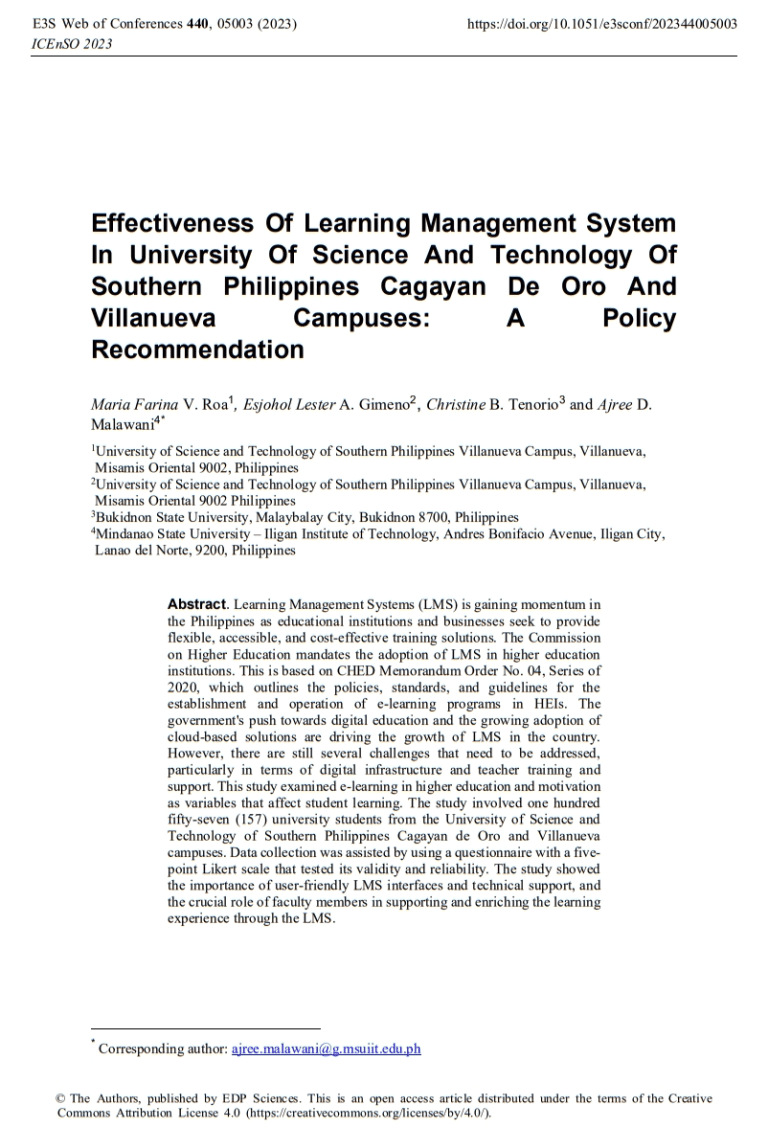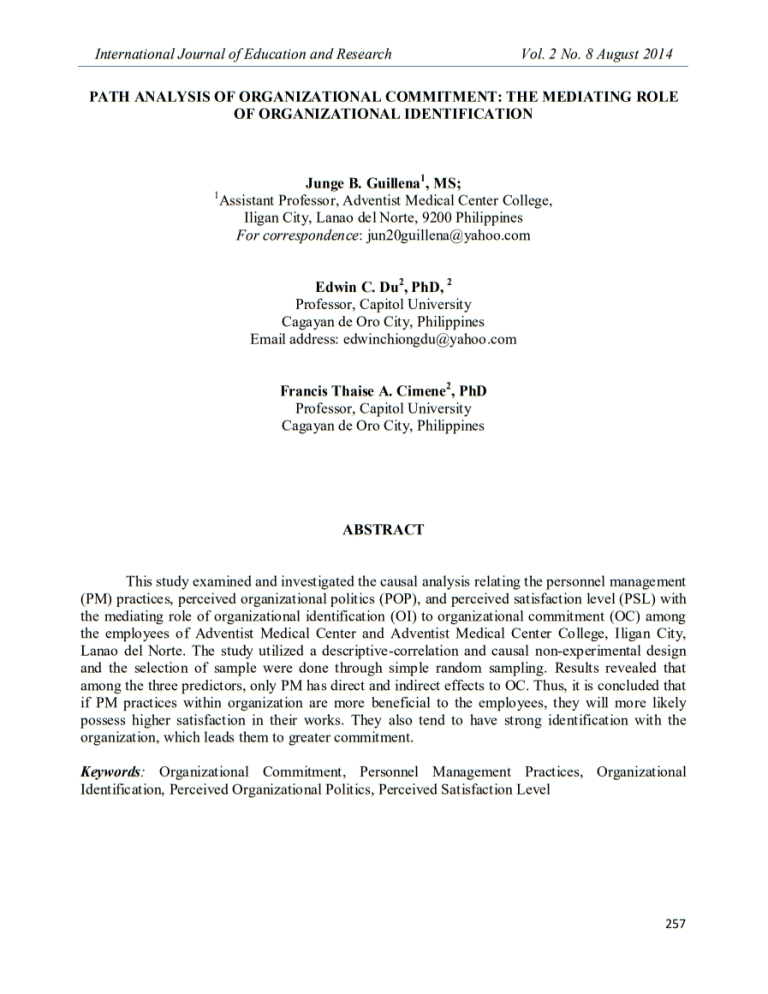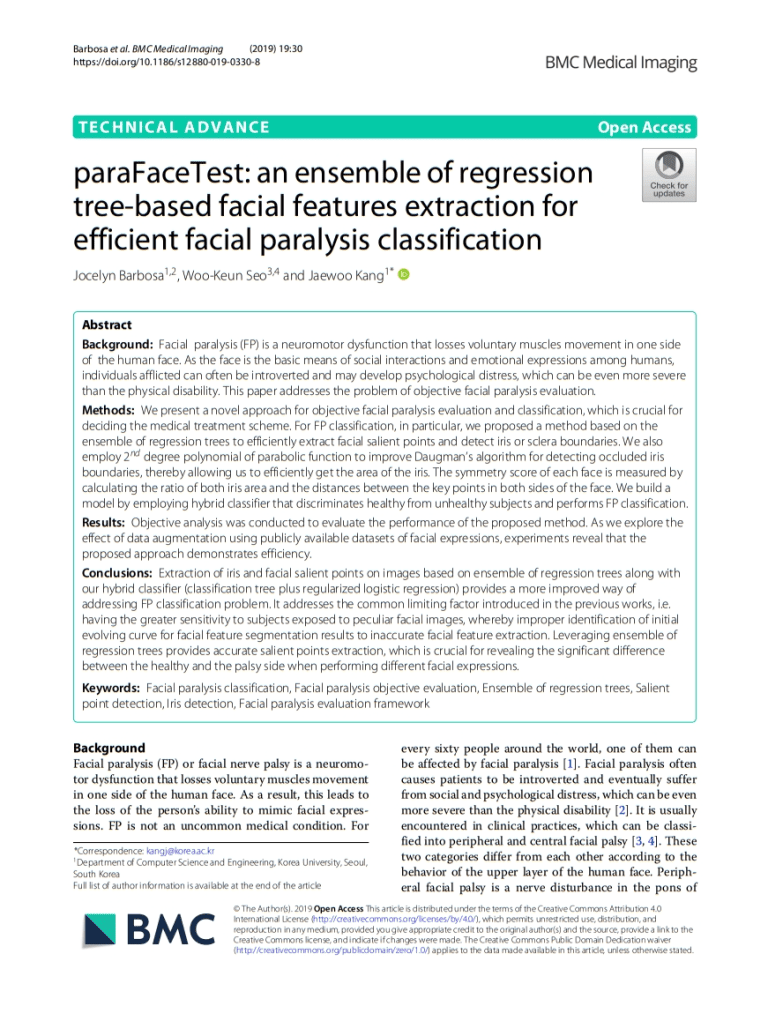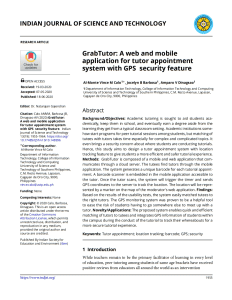

Published: Jun 18, 2020 | Updated: May 02, 2024
GrabTutor: A web and mobile application for tutor appointment system with GPS security feature
Authors: Jocelyn Barbosa Al-Monte Vince M Calo and Amparo V Dinagsao barcode, GPS, location tracking, Safety & security, security, Tutor appointmentAbstract
Background/Objectives: Academic tutoring is sought to aid students academically, keep them in school, and eventually earn a degree aside from the learning they get from a typical classroom setting. Academic institutions somehow start programs for peer tutorial sessions among students, but matching of tutees with tutors takes time especially for complex and complicated topics. It even brings a security concern about where students are conducting tutorials. Hence, this study aims to design a tutor appointment system with location tracking feature to give students a more efficient and safer tutorial experience. Methods: GrabTutor is composed of a mobile and web application that communicates through a cloud server. The tutees find tutors through the mobile application. The system generates a unique barcode for each tutorial appointment. A barcode scanner is embedded in the mobile application accessible to the tutor. Once the tutor scans, the system will trigger the timer and sends GPS coordinates to the server to track the location. The location will be represented by a marker on the map of the moderator’s web application. Findings: Based on the results of the usability tests, the system easily matched tutees to the right tutors. The GPS monitoring system was proven to be a helpful tool to ease the risk of students having to go somewhere else to meet up with a tutor. Novelty/Applications: The proposed system enables quick and efficient matching of tutors to tutees and integrates GPS information of students within the campus during the conduct of the tutorial to track their whereabouts for a more secure tutorial experience.




